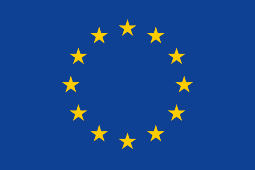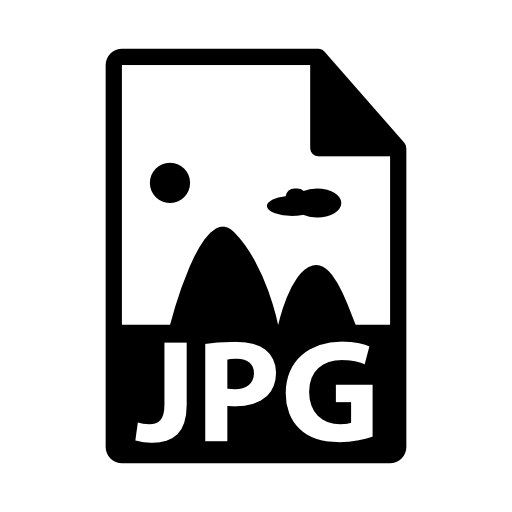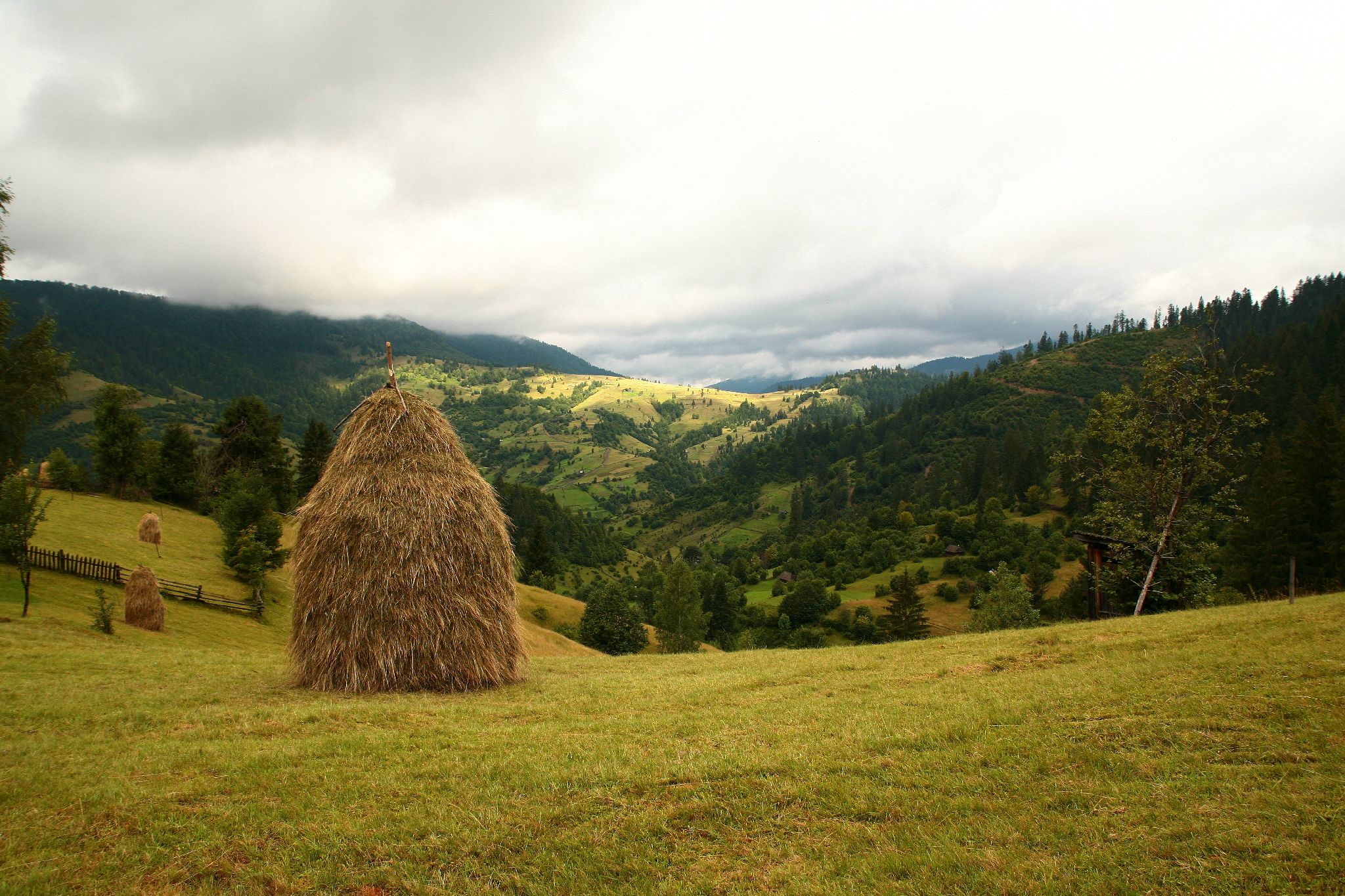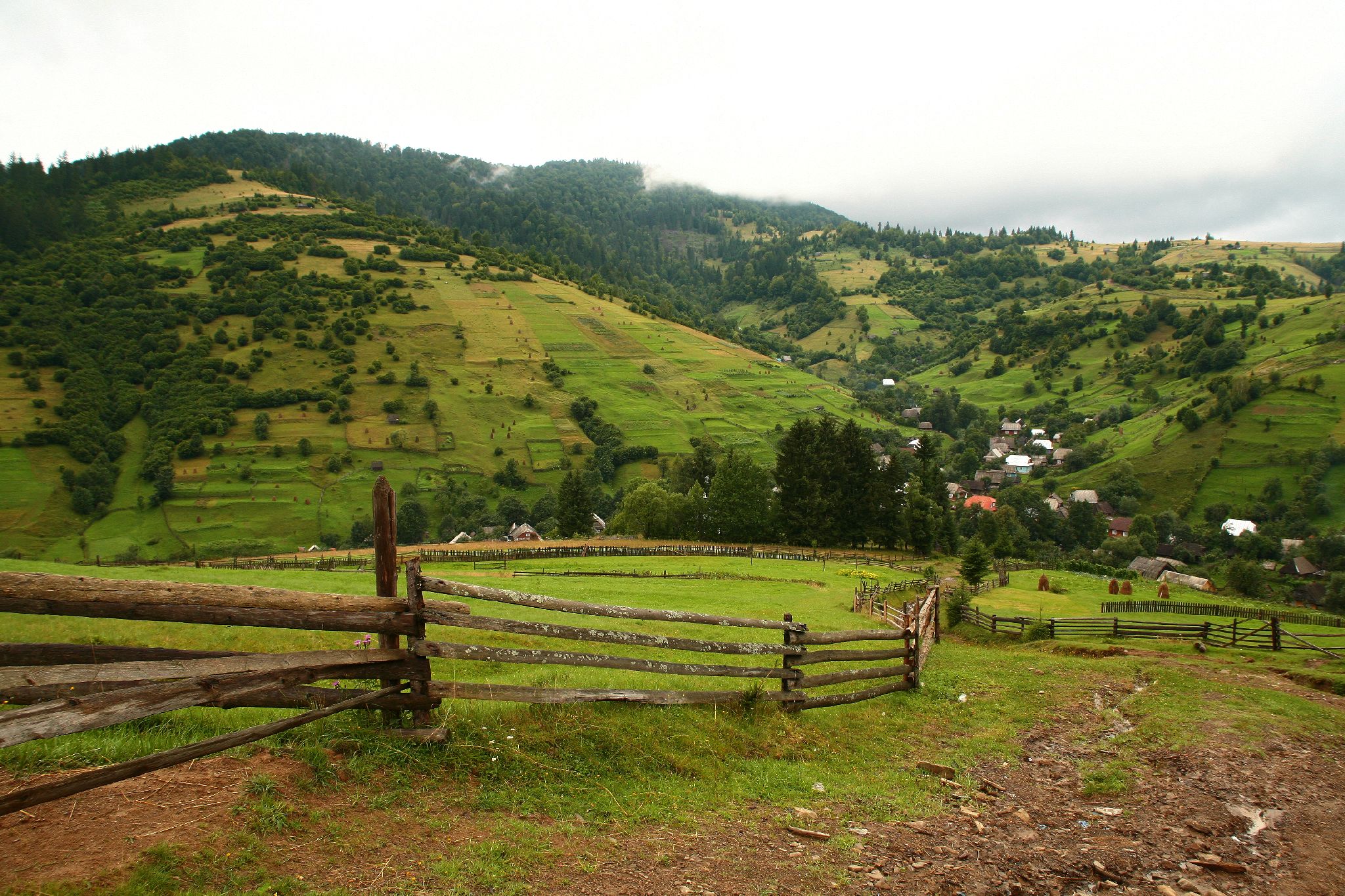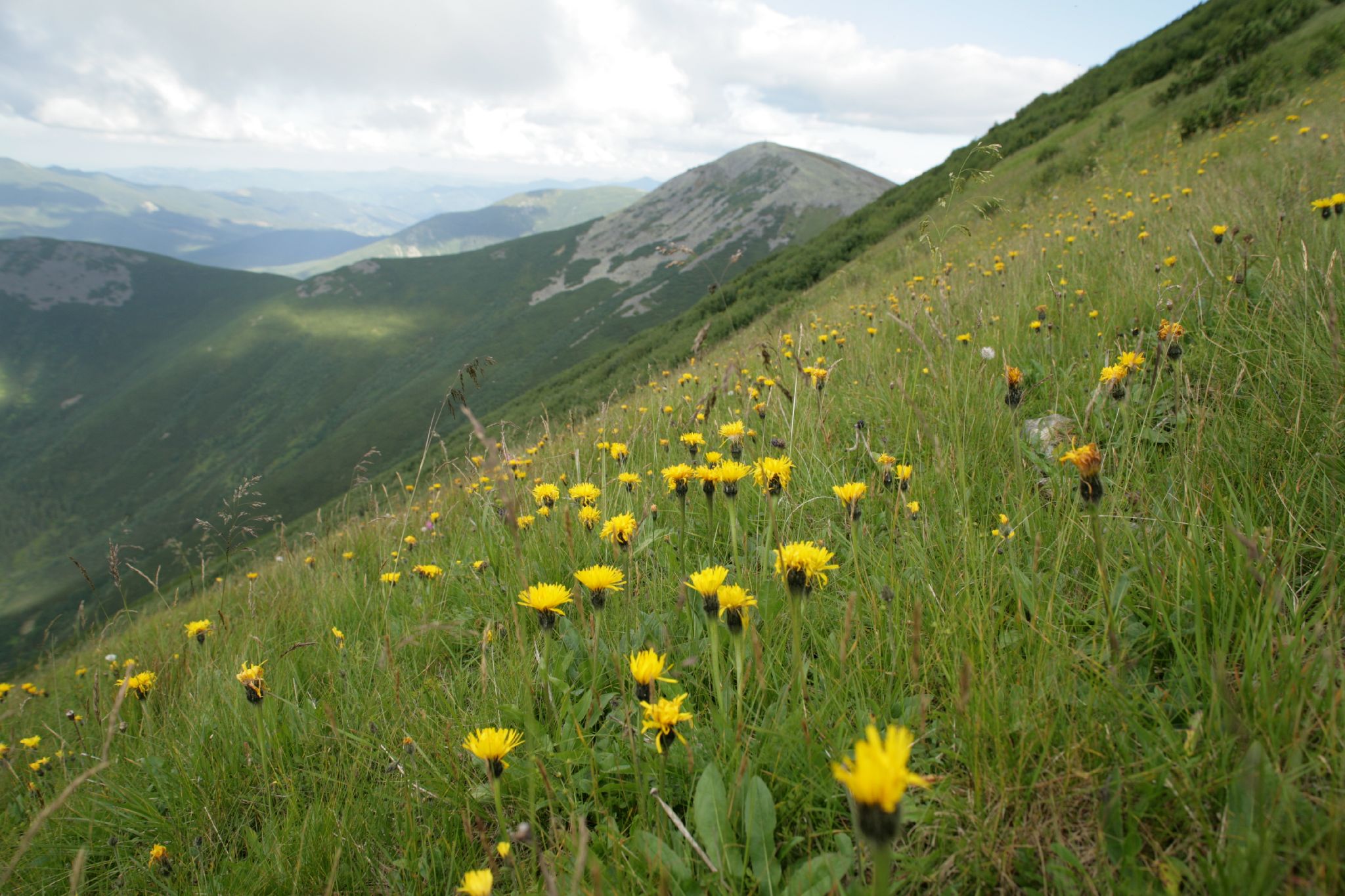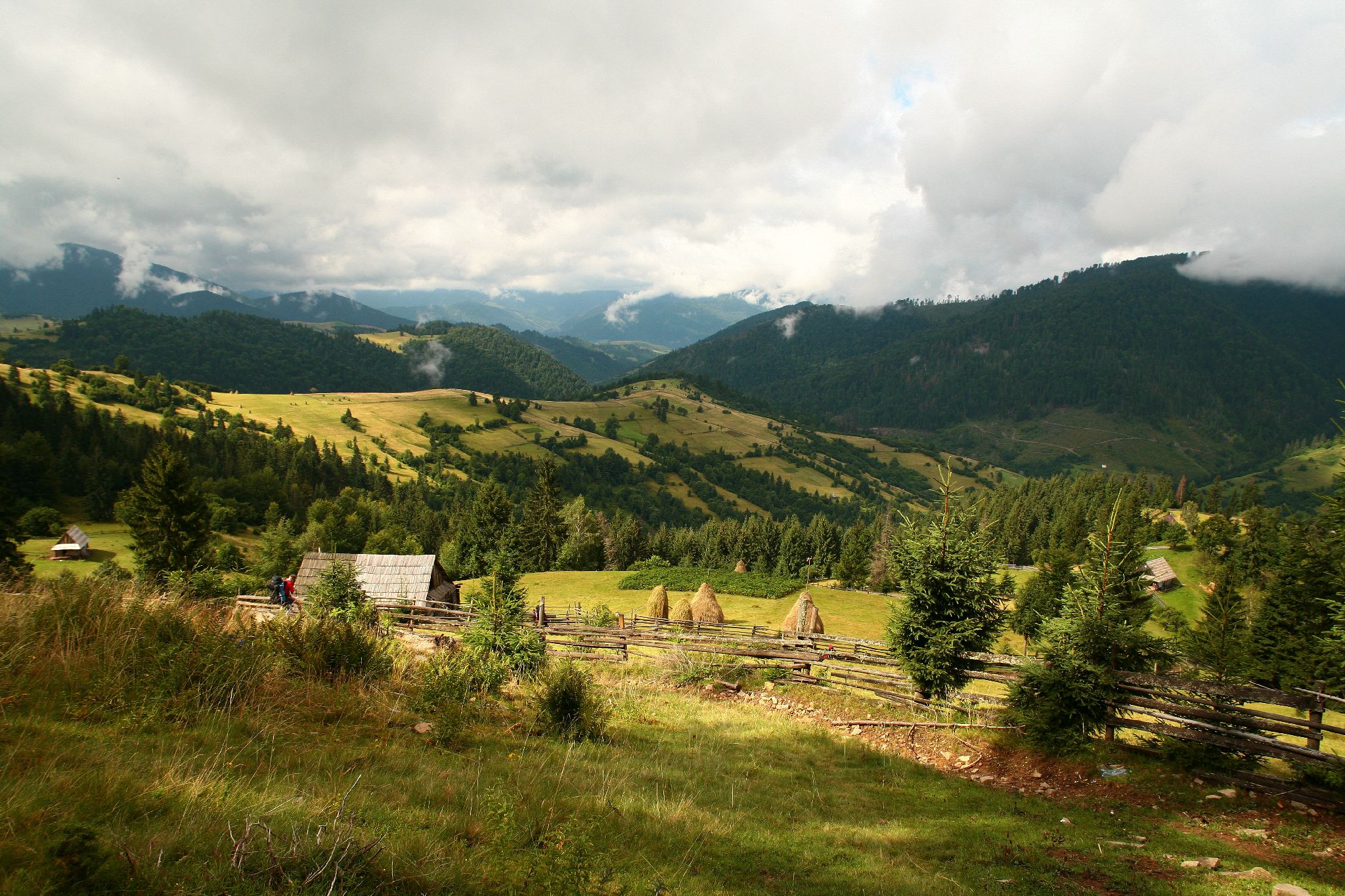22 February 2022 - Experience sharing conference organised within BioSecurity project in February
Images
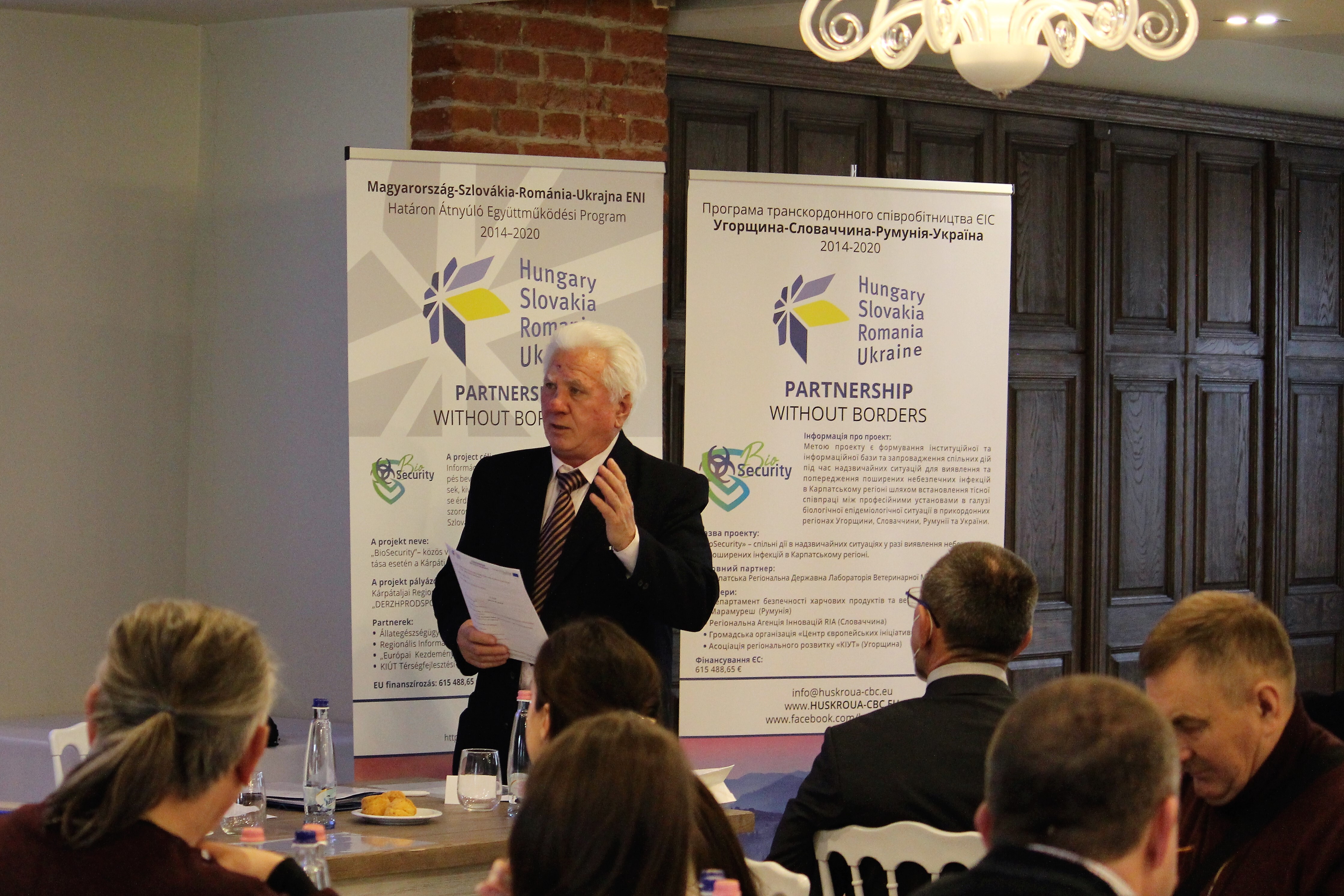
Content
On February 16-18th, 2022 an experience sharing session was organized by the KIÚT Regional Development Association (Hungary) as the part of project 'BioSecurity - joint action in emergency situations in case of the identification of dangerous and widespread infections in Carpathian region', implemented with the financial support of the Hungary-Slovakia-Romania-Ukraine ENI CBC Programme 2014-2020.
The theme of the conference was 'Presentation of the animal health control tasks in Hungary – focus on prevention of African swine fever and avian influenza'. The event welcomed experts and heads of departments in the field of animal health control, veterinary and food chain safety from Ukraine, Romania, Slovakia and Hungary, professionals from the state laboratories of Zakarpattia (UA) and Maramures (RO) regions, heads of hunter's associations.
The conference started with the welcome speeches of project manager András Rákóczi, Sándor Filep, the mayor of Vásárosnamény, and Oleg Pylypenko, First Class Secretary, Foreign Economic Attaché of Embassy of Ukraine in Hungary. They stressed the importance of raising awareness on African swine fever, and informed the audience that the issues raised in this project will also be considered at the meetings of the intergovernmental commission and the international working group this year. During the first day of the conference the participants had the opportunity to listen interesting and informative theoretical lectures.
- Zsuzsanna Szakács, programme manager from JTS, made a presentation on the key points of the Hungary-Slovakia-Romania-Ukraine ENI CBC Programme 2014-2020 and highlighted the rules of implementation, communication and visualization.
- Lajos Vajda, Chief Veterinarian presented the common diseases and infections in the European Union as well as the current and expected development of the international and domestic appearance of African swine fever. He described the tasks and measures taken to control the ASF in Hungary.
- Tamás Abonyi, director of the Veterinary and Diagnostic Directorate of National Food Chain Safety Agency (NÉBIH) made an exciting lecture on diseases and infections in veterinary medicine, and presented the role, tasks of the Directorate. He stressed the importance of understanding ASF and its differences from other similar swine diseases.
- Sándor Kecskeméti, the director of the Laboratory of Immunology, Virology and TSE of the Veterinary Diagnostic Directorate (NÉBIH) in Debrecen presented the methods of molecular biological testing, especially in examination of the African swine fever.
- Peter Tamás, head of Szabolcs-Szatmár-Bereg county Department of Food Chain Safety and Animal Health highlighted the current challenges of animal health and food safety in the region and the importance of the cross-border cooperation.
The participants of the event also visited the World Hunting and Nature Exhibition hosted by Kiss B. Zoltán.
During the second day of the conference participants visited meat processing plants in Nagykallo and Hajdúnánás, where the managing directors of the companies spoke about the peculiarities of the production and product testing, altogether with the special requirements and measures taken to prevent the African swine fever. In addition, participants met with representatives of Hungarian hunting organizations. Gergely Fazekas, the first secretary of Hungarian National Hunting Chamber, regional organization of Szabolcs-Szatmár-Bereg county in Nyíregyháza held a brilliant lecture about the system of Hungarian game and wildlife management and veterinary tasks with focus on protection against African swine fever. The measures to stop the spread of ASF in Hungary include testing wild boars, raising of awareness of the local population and hunting organizations, as well as setting up working groups on ASF at regional and national levels. The most effective method of combating ASF is to prevent the problem by reducing the population of wild boars.
On the third day of the event, participants visited the Laboratory of Immunology, Virology and TSE of the Veterinary Diagnostic Directorate (NÉBIH) in Debrecen. Dr. Sándor Kecskeméti, the director of the institution, presented the activities of the Laboratory, demonstrated the equipment and features of testing for dangerous viruses and bacteria, together with the special and unique safety system of the site. Participants had the opportunity to see the process of testing, virus particle research and the daily work of the staff.
As a result of a three-day program, participants from Ukraine, Romania and Slovakia had a chance to get familiar with the measures taken in Hungary to stop the African swine fever and other dangerous infections, as well as take a closer look to the tasks of the Hungarian Food Chain Safety and Animal Health System.
